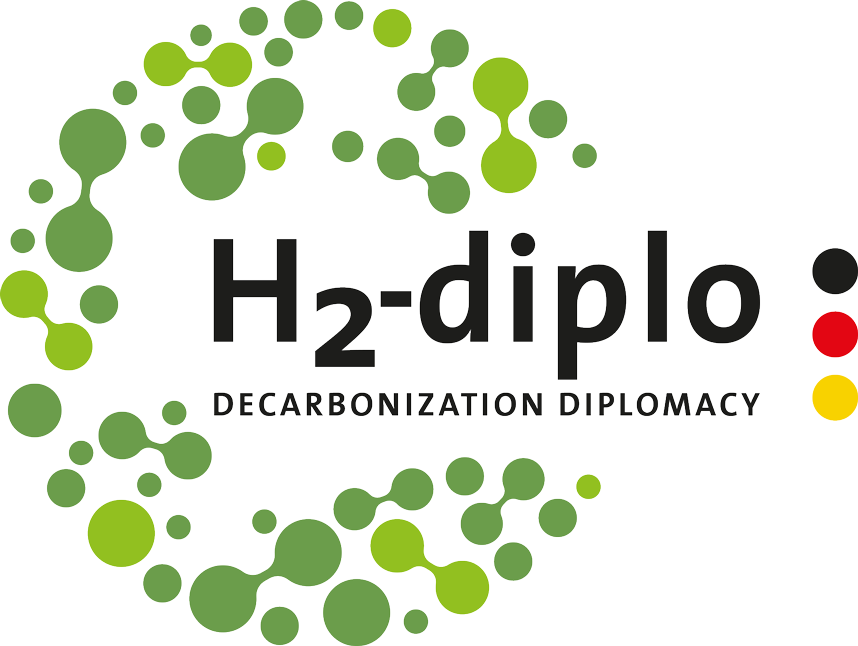Nairobi, 13–15 May 2025 – Over 250 stakeholders from seven countries gathered for the Eastern Africa Regional Green Hydrogen Symposium to explore the region’s potential in the green hydrogen economy. Co-hosted by the Governments of Kenya and Germany, and organized by H2-diplo, GIZ Kenya and EACREEE as regional partner, the event highlighted the importance of private sector project development, regional cooperation and inclusive growth for scaling hydrogen production and value chains.
With strong representation from governments, industry, finance, and civil society, the Symposium affirmed Eastern Africa’s readiness to become a competitive player in the green hydrogen transition – driven by renewable energy potential, regional cooperation and a growing pipeline of projects. The event commenced with a high-level ceremony featuring prominent government and diplomatic representatives. Kenya’s Cabinet Secretary for Energy and Petroleum, Hon. J. Opiyo Wandayi, emphasized Kenya’s ambitions to become a regional green hydrogen hub, while Germany’s Ambassador to Kenya, Sebastian Groth, reiterated Germany’s commitment to partner with the region on a joint green hydrogen agenda. Jean Baptiste Havugimana, Director for Productive Sectors, EAC Secretariat, further underscored the importance of harmonized strategies in the region and cross-border cooperation for scaling-up an African hydrogen economy.
A ministerial debate was held and offered a rare exchange opportunity for policymakers from across Eastern Africa. The meeting included Hon. Desire Kubwimana, PS, Ministry of Hydraulics, Energy and Mines in Burundi and Hon. Mongopasi Sandja Pele, Secretary General, Ministry of Hydraulic Resource and Electricity from the Democratic Republic of the Congo. The discussions thereby highlighted the need for enabling regulation, broad investment in skills and infrastructure development as well as the important role of international partnerships in unlocking hydrogen’s transformative potential. The panel discussions and expert roundtables focused on key enabling factors such as access to finance, special economic zones for development, as well as regional integration to drive the sector. The importance of local value creation and inclusive growth, e.g. through the domestic production of “e-fertilizers” based on green ammonia, was echoed throughout, with dedicated sessions on skills, innovation, and sustainable industrial use cases.
The three-day conference featured further side-events, including more than 28 structured bilateral meetings, paving the way for concrete project development. A matchmaking session – organized by AHK Eastern Africa and the Project Development Programme for Green Hydrogen (PDP) – connected Kenyan project developers with German and regional technology providers, investors, and consultants. Moreover, a Women in Green Hydrogen (WIGH) networking reception brought together women and male professionals from across the region to discuss strategies for increasing women representation, visibility and leadership. A parallel youth forum engaged young professionals, entrepreneurs, and students on the skills and opportunities needed to enter the emerging hydrogen sector.
In a further notable step toward regional coordination, the GIZ and the East African Centre of Excellence for Renewable Energy and Energy Efficiency (EACREEE) signed a Memorandum of Understanding to strengthen collaboration on hydrogen policy, capacity building, and knowledge exchange across Eastern Africa.
For more news about the H2-diplo activities, follow us on LinkedIn: H2-diplo – Decarbonization Diplomacy | LinkedIn

